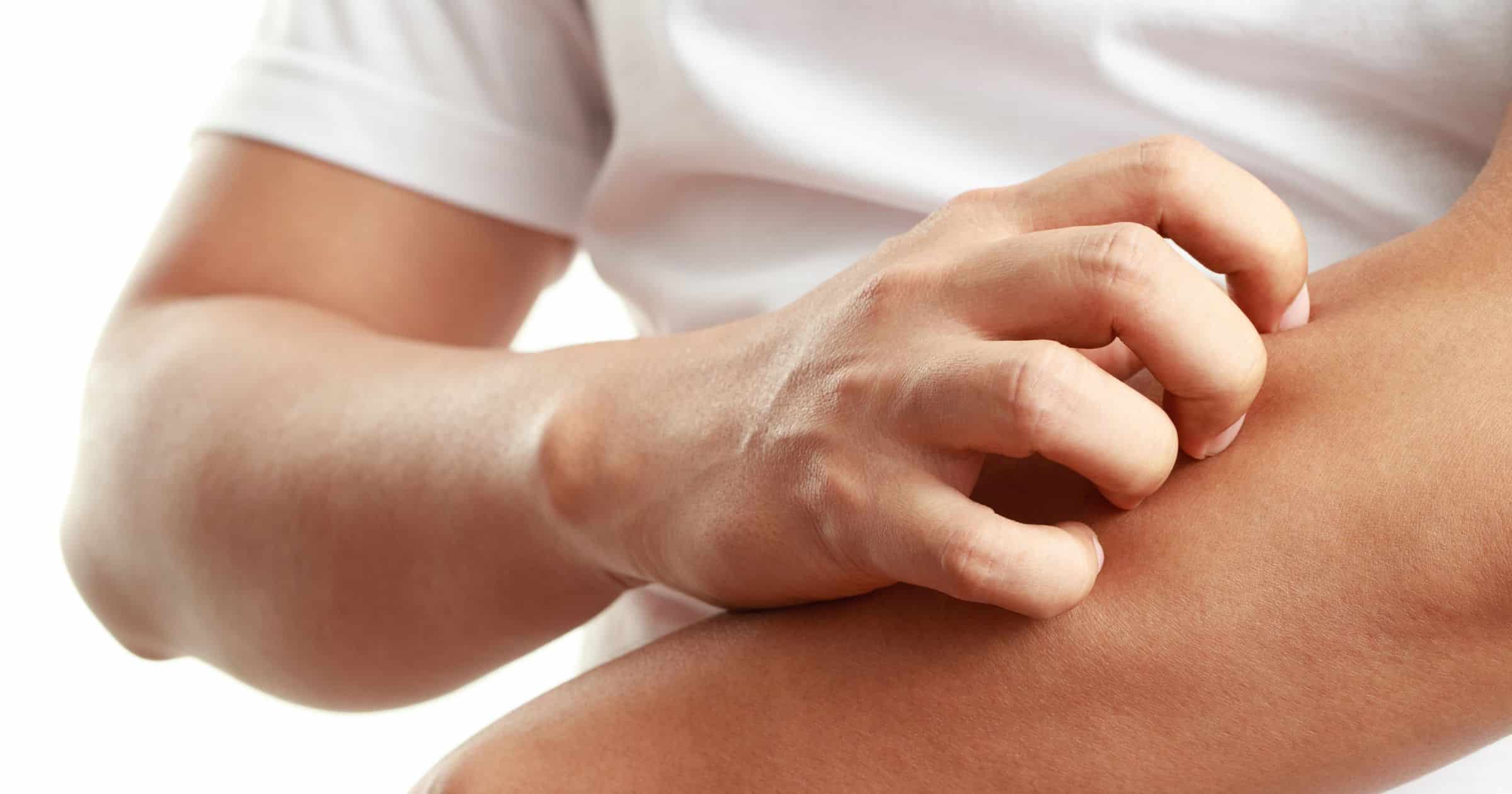Skin cancer, a significant health concern, often prompts questions about its symptoms, especially regarding itchiness. In this blog, we’ll explore whether skin cancer can make your skin feel itchy.
Understanding Skin Cancer: A Quick Overview
Skin cancer arises from abnormal skin cell growth due to sun or tanning bed exposure. There are three primary types: basal cell carcinoma, squamous cell carcinoma, and melanoma.
The Itch Factor: Is It a Skin Cancer Symptom?
While itchy skin (pruritus) can result from factors like dryness or allergies, skin cancer typically doesn’t cause itching, especially in its early stages.
Exceptions and Variations:
Although rare, some cases, especially as cancer progresses or involves nerve fibers, may lead to itchiness. But remember, many non-cancerous skin issues are more likely to cause persistent itching.
Common Skin Cancer Symptoms:
- Changes in Skin Appearance: Watch for new moles or changes in existing moles.
- Sores that Don’t Heal: Skin cancer may appear as non-healing sores.
- Bleeding or Oozing: Unexplained bleeding or crust formation can be a concern.
- Pain and Tenderness: Skin cancer is usually not painful, but advanced cases may cause discomfort.
When to Seek Professional Advice:
If you spot unusual skin changes or experience persistent symptoms, including itching, consult a healthcare professional promptly. Early detection greatly improves skin cancer outcomes.
Conclusion:
While itching isn’t a primary skin cancer symptom, staying vigilant about skin changes is crucial. Regular self-checks and professional assessments help catch potential issues early. If you’re worried or notice changes, seek medical advice for proactive healthcare and peace of mind.





